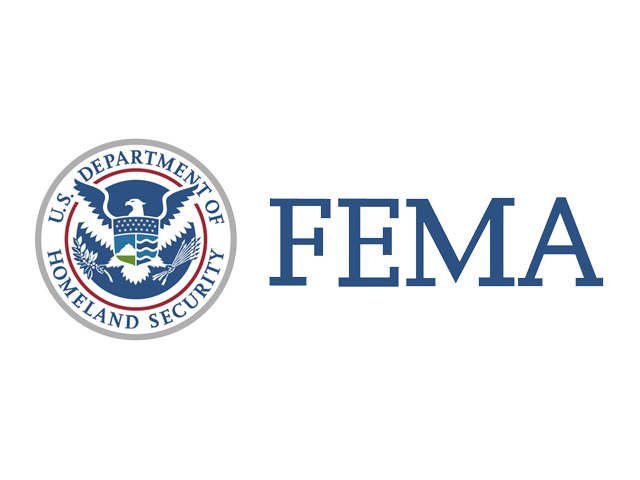 RICHMOND, Va. (AP) — The two largest measures before Virginia’s General Assembly — the state budget and a landmark reform of the way Virginia funds its 58,000-mile highway network — have won final passage.
RICHMOND, Va. (AP) — The two largest measures before Virginia’s General Assembly — the state budget and a landmark reform of the way Virginia funds its 58,000-mile highway network — have won final passage.
The measures were approved Saturday, just before lawmakers ended a 2013 session that remained fractious and dramatic into its final hours.
The budget passed the House and Senate by comfortable margins, as did the transportation funding bill.
Both passed only after senior budget writers tweaked a proposal to expand Medicaid that Attorney General Ken Cuccinelli had ruled would be unconstitutional. Democrats had said they would not give their crucial votes to the budget and transportation bills without assurance that the Medicaid expansion would be pushed through.
Highlights of revised state budget
RICHMOND, Va. (AP) — Highlights of revisions to the state’s two-year, $88 billion budget approved Saturday by the 2013 General Assembly:
— Creation of a 12-member commission to oversee Medicaid reforms and possible expansion.
— $70 million to fund the state’s share of a 2 percent salary increase for teachers and support personnel.
— $40 million for a 2 percent raise for state employees and a 3 percent raise for university faculty and state-supported local employees.
— $49 million to transfer an additional .05 percent of the sales tax to transportation.
— $7.7 million to provide services for 200 additional intellectually disabled and 50 additional developmentally disabled Virginians currently on waiting lists.
— $3.4 million to add 1,700 slots for in-state students at the College of William and Mary, the University of Virginia, Virginia Tech and James Madison University.
— $45 million in addition to the $50 million in the introduced budget for the state’s so-called “rainy day fund.”
— $30 million for public school security enhancements.
— $1.3 million for additional school resource officers.
— $150,000 for first-year startup costs for the Opportunity Educational Institution, which will take over chronically failing schools.
— $8.6 million for in-state undergraduate financial aid, along with $3 million to increase Tuition Assistance Grants from $2,000 to $3,100.



